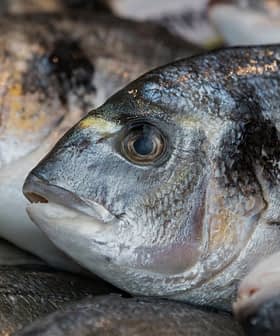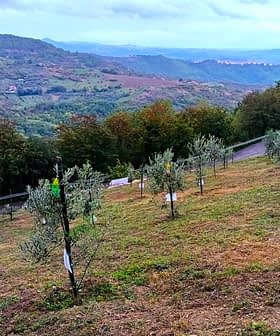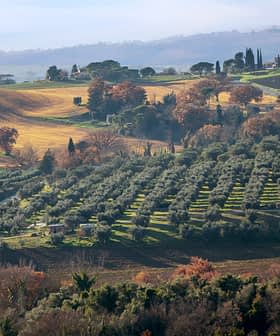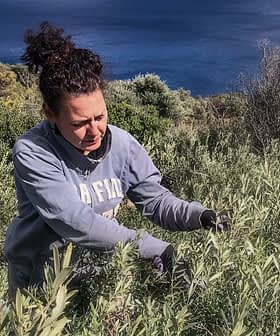E.U. Green Lights €100M Subsidy for Italian Olive Millers

The European Commission has approved €100 million in subsidies for Italian millers to upgrade machinery and improve competitiveness, particularly aimed at smaller mills struggling to access loans for technological upgrades and energy efficiency. The funds are part of a broader Agriculture 4.0 initiative to modernize the sector, with a significant portion likely going to millers in Puglia, the largest olive oil-producing region in Italy.
Many Italian millers will have easier access to funds needed to renovate their mills and upgrade machinery after the European Commission has given the go-ahead to €100 million in subsidies.
Originally earmarked by the Italian government last spring, the money is meant to make mills more competitive at a global level and environmentally sustainable.
It is an opportunity for the whole production chain, which is worth €1.2 billion (for growers) and €3 billion (for millers and bottlers).
According to the latest data published by Ismea, the public agency for services to the agricultural market, more than 4,000 olive mills operate in the country. While many companies process large volumes of olives, smaller mills in the countryside gather olives from small growers.
Due to their size, many milling businesses have more difficulties accessing loans to invest in technological upgrades and incorporate the most modern equipment into their milling process.
See Also:In Efforts to Promote Quality, Italy Focuses on Olive MillsThis has been exacerbated by rising energy costs due to the Russian invasion of Ukraine and the country’s severe drought, which has led to low olive yields across the country.
As the harvest season gets underway in many areas, a significant production drop is expected to impact both large and small millers directly. Yields are so low in some regions that several operators delayed their seasonal opening. Elsewhere, millers are raising the costs of olive processing.
According to the Italian Ministry of Agriculture, Food and Forestry, projects financed with the new subsidies should reduce energy consumption and lower their environmental impact.
Some of the funds will be explicitly directed to re-use operating waste for energy production and the installation of clean energy sources.
Still, the fundamental aim of the new measure is to further improve the final product quality by adopting new technologies and machinery.
In the next four years, millers will be able to present their renovation plans to the ministry, which will cover up to 50 percent of the cost with new funds.
Coldiretti Puglia, a farmers’ association, lauded the European Commission’s decision to green-light the subsidies.
“It is an opportunity for the whole production chain, which is worth €1.2 billion [for growers] and €3 billion [for millers and bottlers],” said Savino Muraglia, president of the association.
A significant portion of the new funds will probably go to millers in Puglia, the largest olive oil-producing region in Italy, where olive groves cover one-fourth of its agricultural lands.
In the next few weeks, the specific procedures for accessing the new funds should be finalized.
The new funds are part of a broader Agriculture 4.0 initiative, which will see €400 million invested into the sector by 2023.
Agriculture 4.0 involves implementing precision agricultural technologies, including more digitalization and targeted irrigation, fertilization and pesticide application.
According to the millers, the sector is paying the consequences of a rapidly changing international market. At the same time, extreme weather events and the spread of Xylella fastidiosa in Puglia continue to harm growers and producers.









